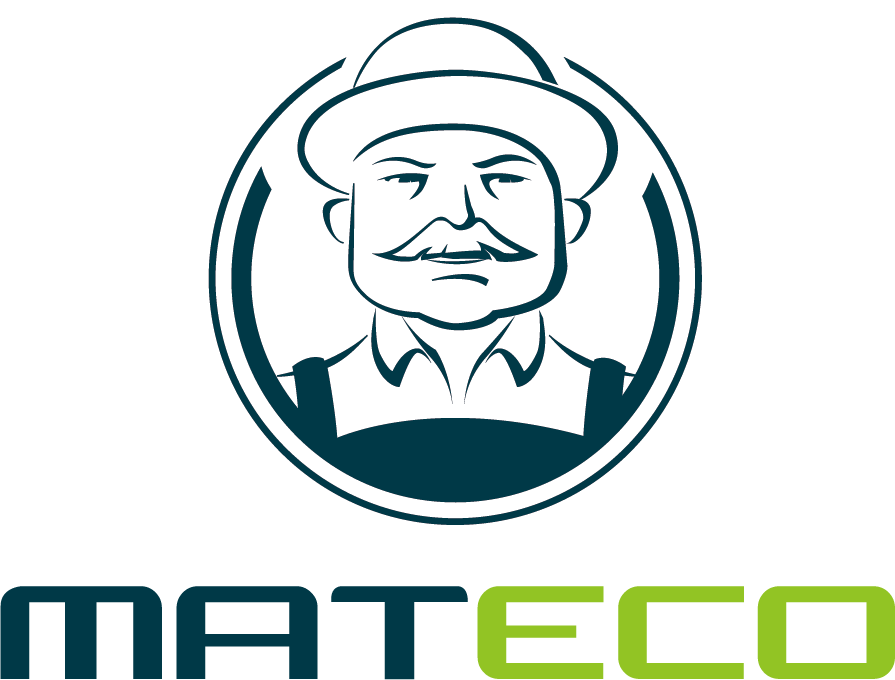Why is WPC expensive?
WPC has gained widespread recognition as a durable, eco-friendly alternative to natural wood. However, many wonder why WPC is priced higher than traditional materials. The cost of WPC is driven by factors such as raw materials, manufacturing complexity, research and development, and long-term value.

Table of Contents
Raw Material Costs: Quality Over Price
WPC is made by combining wood fibers or flour with thermoplastics like polyethylene (PE) or polyvinyl chloride (PVC). This blend creates a product that mimics wood’s appearance while providing superior moisture and decay resistance.
However, these raw materials are more expensive than lower-quality alternatives. Even when using recycled plastics, the sorting, cleaning, and processing add to the cost.
Market-dependent costs: Fluctuations in petroleum prices directly impact plastic costs, while wood components depend on lumber market trends.
Superior formulation: MATECO uses a PVC-based core, which is stronger and longer-lasting than standard PE-based WPC.
Complex and Energy-Intensive Manufacturing
Producing high-quality WPC requires advanced extrusion and co-extrusion technology, which involves:
Precise temperature and pressure control for even material distribution.
UV-resistant coatings to prevent fading and surface deterioration.
Strict quality control to reduce defects such as delamination or warping.
MATECO WPC employs UV Armor Co-Extrusion Technology, which enhances durability, fade resistance, and overall performance, making it superior to standard WPC. However, this innovation increases production complexity and cost.

Research & Development (R&D): Investing in Innovation
WPC manufacturers invest heavily in optimizing material formulations to improve performance, durability, and appearance. This includes:
Finding the best wood-to-plastic ratio for strength and flexibility.
Developing advanced surface textures that replicate real wood grain.
Enhancing water resistance and UV protection to extend product life.
Transportation & Weight Considerations
Compared to solid wood, WPC is denser and heavier, increasing shipping costs. However, MATECO’s lightweight PVC-based core makes transportation and installation easier compared to traditional PE-based WPC, reducing handling expenses.
Additionally, global supply chain challenges can further impact WPC pricing, especially for high-quality, internationally distributed products.
Certifications and Compliance: Meeting Industry Standards
To be accepted in construction, architectural, and outdoor applications, WPC products must meet strict building codes, fire resistance standards, and environmental certifications. Achieving certifications such as:
Formaldehyde-free (E0 standard)
Fire retardant and waterproof ratings
Sustainability certifications like FSC
requires costly testing, regulatory approvals, and material enhancements, all of which contribute to the final price of WPC products.
Market Positioning & Long-Term Value
Unlike natural wood, WPC is marketed as a premium, low-maintenance, and eco-friendly alternative. While traditional wood requires ongoing treatments like sealing, painting, or staining, WPC—especially MATECO’s UV Armor-protected products—maintains its appearance without additional upkeep.
Long-Term Cost Savings:
No repainting or sealing needed (reducing maintenance expenses).
No cracking or warping, lowering replacement costs.
Extended lifespan (15+ years warranty for MATECO WPC).
Limited Economies of Scale
Unlike traditional wood, which benefits from large-scale manufacturing, WPC is still a specialized material with fewer producers. This limited competition and production capacity keep per-unit costs higher than mass-produced alternatives.
However, as WPC gains popularity and production scales up, costs may gradually decrease, making it more accessible in the future.
Conclusion
Although WPC is more expensive than traditional wood upfront, the long-term savings, durability, and premium aesthetic make it a worthwhile investment. When choosing WPC, it’s essential to consider quality over price, ensuring you get a product that truly lasts.
If you are looking for a WPC manufacturer, MATECO WPC will be your best choice.
WhatsApp: +86-13380085620
Email: info@matecowpc.com
















